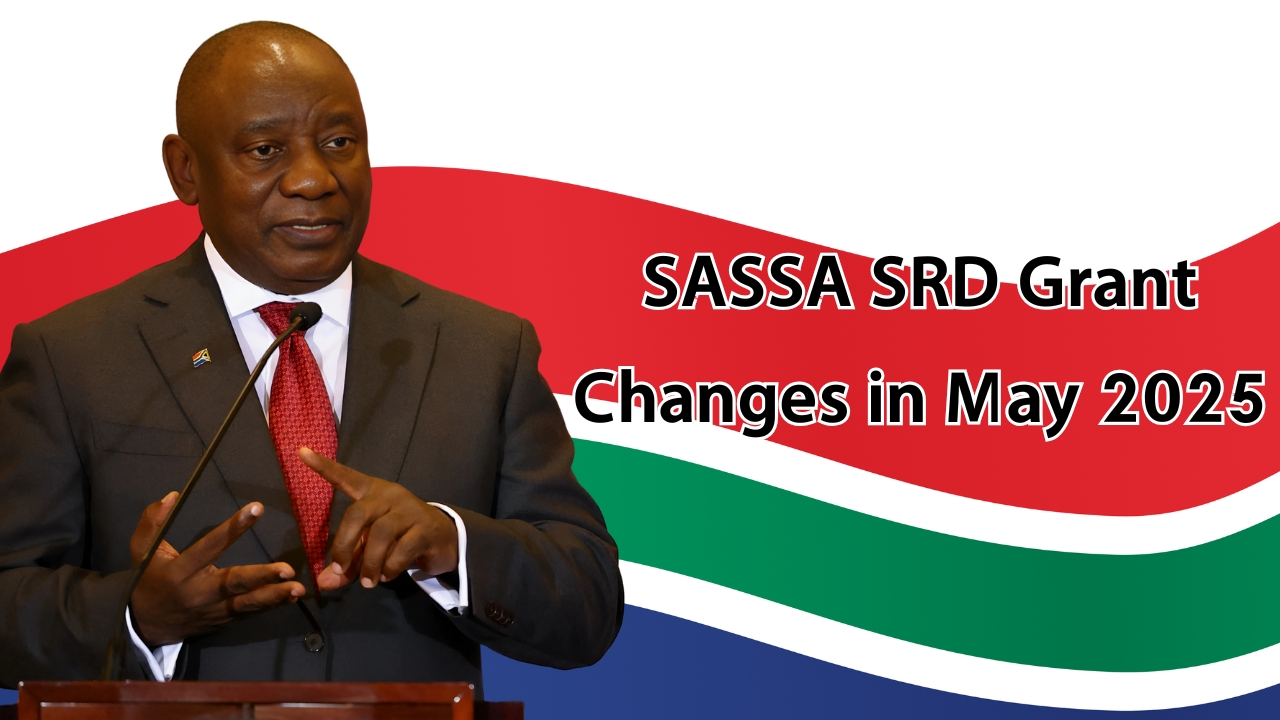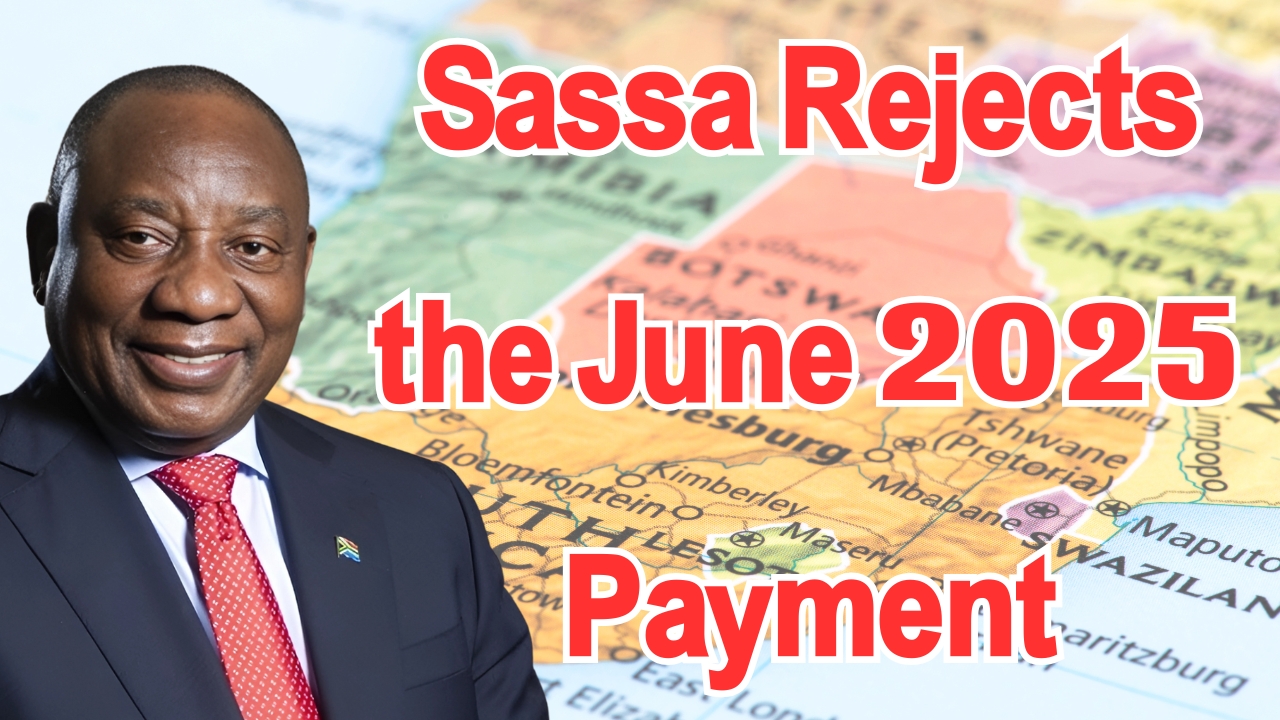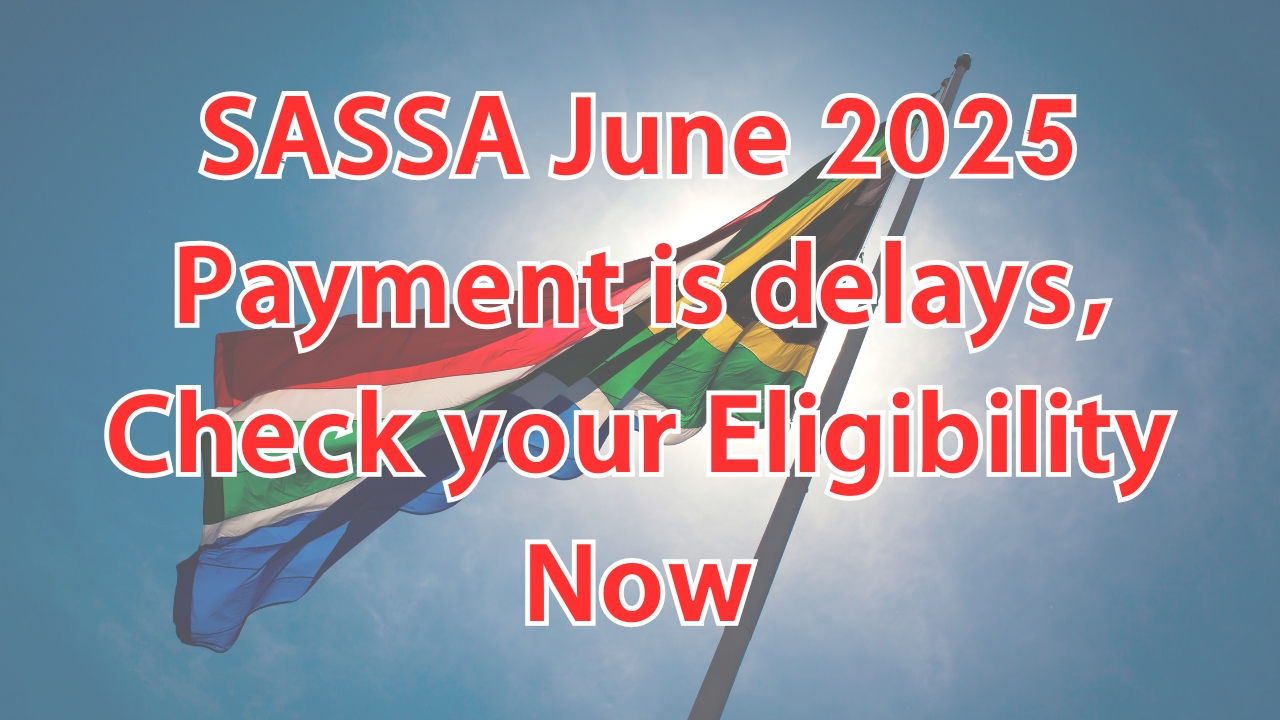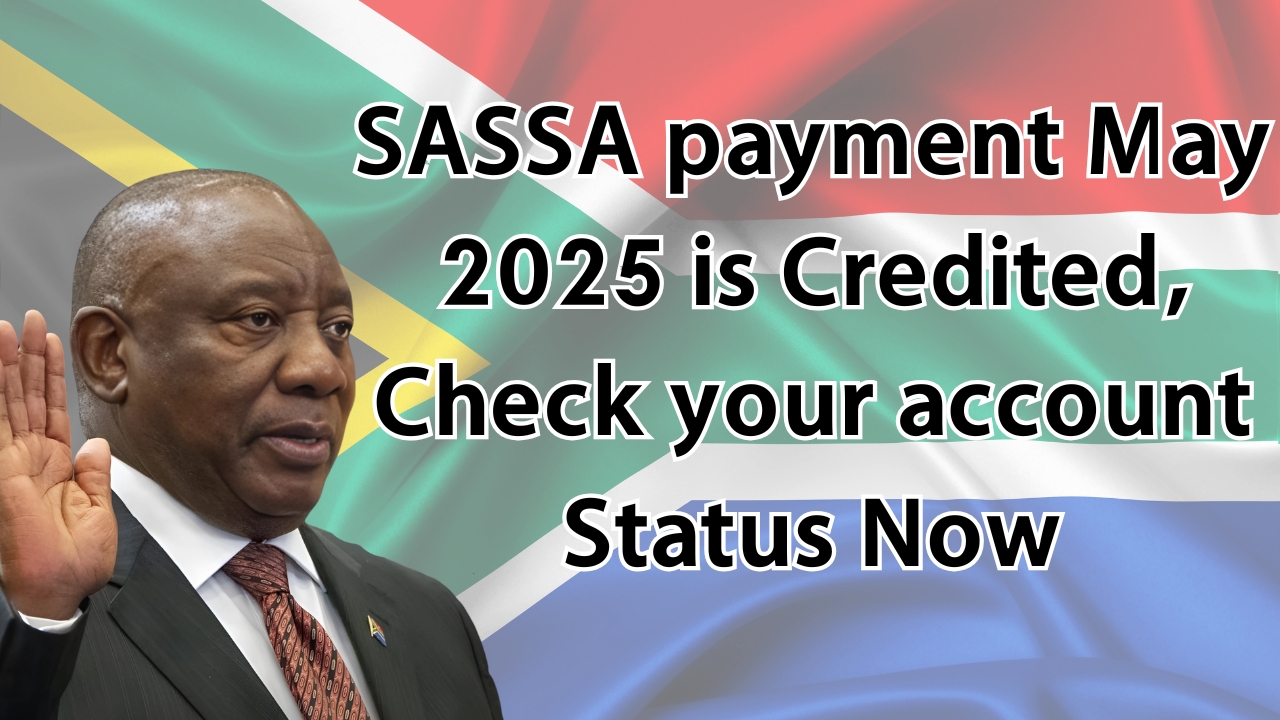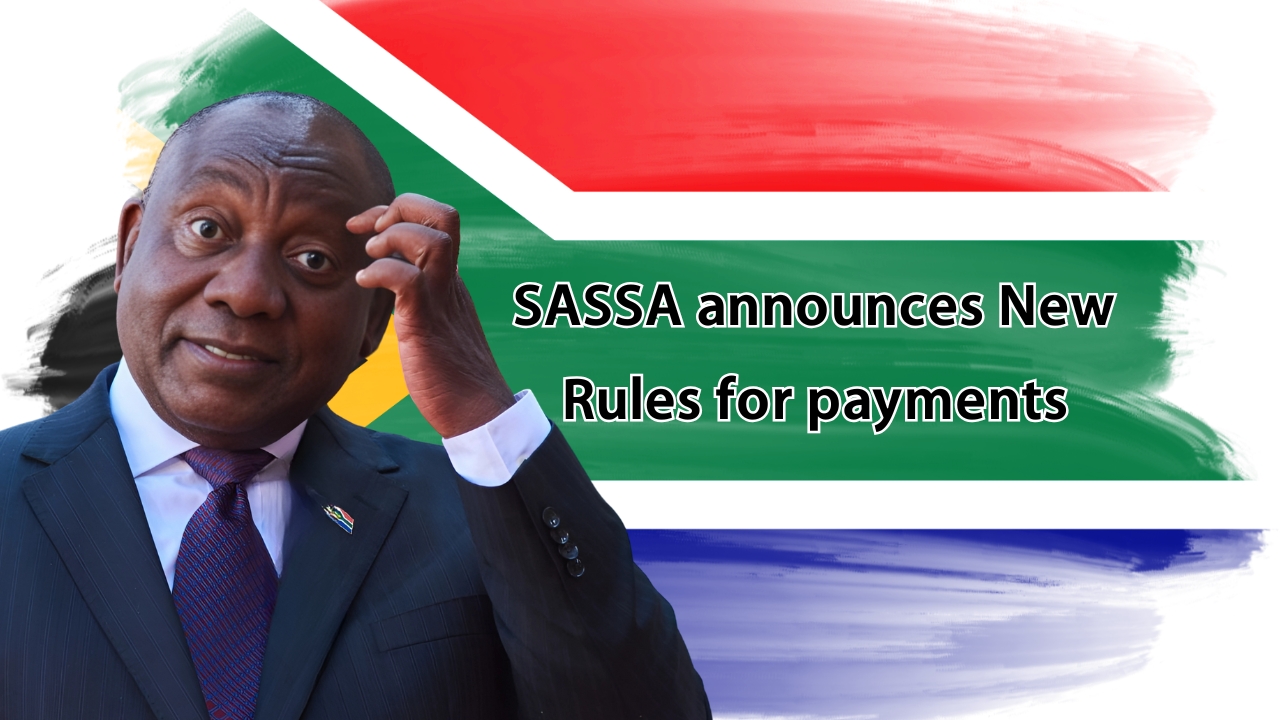South Africa’s Social Relief of Distress (SRD) grant program faces unprecedented transformation following a groundbreaking High Court ruling that mandates significant reforms by May 2025.
The Pretoria High Court’s January 2025 decision has fundamentally reshaped the landscape of social assistance, marking a pivotal moment for millions of unemployed South Africans who depend on this critical support system.
The Court Ruling That Changed Everything
Judge Leonard Twala delivered a landmark judgment on January 24, 2025, declaring several regulations governing the SRD grant “unconstitutional and invalid.”
This decisive ruling emerged from legal challenges mounted by the Institute for Economic Justice and the #PayTheGrants campaign, who argued that existing regulations systematically excluded millions of eligible South Africans from accessing essential support.
The court ordered Minister of Social Development Sisisi Tolashe, in consultation with Minister of Finance Enoch Godongwana, to devise and implement a comprehensive plan to redress the retrogression and progressively increase the value of the SRD grant.
This plan must be delivered to the court within four months of the January 2025 ruling, establishing May 2025 as the critical deadline.
Key Changes Mandated for May 2025
Grant Amount Increase
The current SRD grant amount of R370 per month, which represents only a modest R20 increase from the original R350 implemented in 2020, has been deemed insufficient by the court.
Financial experts predict the new grant amount could range between R420 and R500 per month, reflecting adjustments for inflation and rising living costs that have eroded the purchasing power of the original amount.
The court gave the government until May 2025 to implement these changes, with the grant increase potentially taking effect as early as June 2025, subject to government approval and budget allocations.
Income Threshold Adjustments
The fixed income threshold of R624 per month was ruled “unconstitutional and invalid.”
The court directed the government to “progressively increase the threshold” in a manner that considers “the right to social assistance, inflation, and the cost of living.”
This adjustment will significantly expand eligibility, potentially allowing thousands more South Africans to qualify for assistance.
Redefinition of Income Criteria
One of the most significant changes involves how income is calculated for eligibility purposes.
The court ordered that the definition of “income” be changed to include only regular payments from formal or informal employment, business activities, or investments, while explicitly excluding once-off payments or gifts.
This modification addresses a major concern where applicants were disqualified for receiving occasional family support or small one-time transfers.
Introduction of In-Person Applications
Judge Twala ruled that the online-only application requirement was unconstitutional because it effectively excluded many poor and vulnerable individuals who lack access to smartphones, computers, or reliable internet connectivity.
The court ordered SASSA to introduce in-person application options at its offices, making the process more accessible to rural and digitally disadvantaged communities.
Implementation Challenges and Financial Implications
The court’s directives present substantial financial and administrative challenges for the government.
If implemented fully, the National Treasury estimates the changes could require an additional R35 billion in funding, significantly impacting the government’s fiscal position.
Despite acknowledging that up to 18.3 million people might be eligible for the SRD grant, the National Treasury reduced the budget allocation from R36 billion to R33.6 billion for the 2024/25 financial year, sufficient to cover only approximately 8 million beneficiaries.
This funding shortfall represents a fundamental tension between constitutional obligations and fiscal constraints.
Current Status and Payment Processes
While these transformative changes develop, SASSA continues operating under existing parameters.
The agency has allocated R265 billion for social grants in 2025, with the SRD grant representing a significant portion of this expenditure.
Current beneficiaries continue receiving R370 monthly payments, with payment dates running from February 24-28, 2025.
SASSA has emphasized the importance of identity verification for existing beneficiaries, urging all recipients to complete verification processes to prevent payment delays.
The agency warns that beneficiaries receiving “identity verification” status messages must verify their details either at local SASSA offices or through the online portal to maintain their grant eligibility.
Enhanced Security Measures
Parallel to the court-mandated changes, SASSA is implementing technological improvements to strengthen the program’s integrity.
The agency introduced a new black payment card in January 2025, offering enhanced security features and digital payment options to make transactions safer and more convenient for beneficiaries.
SASSA has also intensified efforts to combat fraudulent activities, automatically canceling fraudulent COVID-19 SRD grant payments while allowing legitimate beneficiaries to reapply after cancellation.
Looking Ahead: May 2025 and Beyond
The May 2025 deadline represents more than just a compliance requirement—it marks a potential watershed moment for South Africa’s social assistance framework.
Government has extended the COVID-19 Social Relief of Distress Grant until March 2025 while conducting a comprehensive review of the entire social grant system.
The success of implementing these court-mandated changes will likely influence broader discussions about permanent social assistance mechanisms, including proposals for a Universal Basic Income Grant.
The government faces the complex challenge of balancing constitutional obligations to provide adequate social assistance with fiscal sustainability and broader economic considerations.
SASSA SRD Grant Changes in May 2025
The May 2025 implementation deadline for SASSA SRD grant changes represents a critical juncture in South Africa’s social assistance landscape.
While the court ruling promises expanded access and increased support for vulnerable populations, successful implementation requires careful navigation of financial constraints and administrative complexities.
The outcome will significantly impact millions of South Africans who rely on this vital support system for their daily survival, making the coming months crucial for determining the future direction of social assistance in the country.
